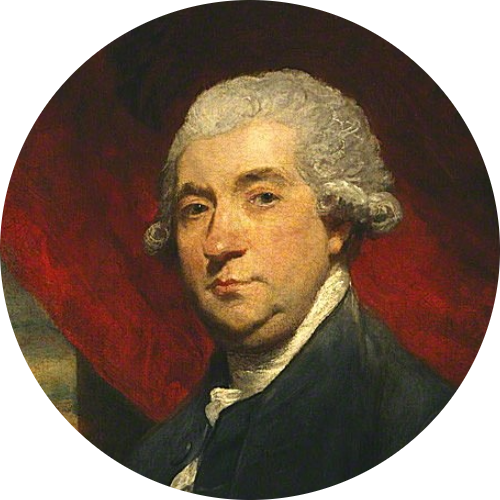John Maclaurin - Lord Dreghorn
Died December 24, 1796
John Maclaurin was a Scottish advocate, judge and author. He was born in 1734, one of seven children of the noted mathematician Colin Maclaurin (1698-1746)1 and his wife Anne Stewart.2
Maclaurin studied law at Edinburgh University, qualifying as an advocate in 1756. In 1762 he married Esther Cunningham (d. 1780). In 1781 he was elected Chief of the Clan McLaren, and in 1788 he was created a Senator of the College of Justice (a judge) as Lord Dreghorn, after his family home.
Maclaurin was a professional colleague of Boswell's and just a few years older, although he completed his studies faster and qualified as an advocate at the young age of 21 (to compare, Boswell was 26 when he was admitted a member of the Faculty of Advocates in 1767).
Boswell had Maclaurin, Alexander Dick, David Dalrymple, Dr Robert Gregory and his uncle, John Boswell, for dinner in Edinburgh on August 17, 1773, together with Dr Johnson, who was staying with Boswell before they set out on their tour of Scotland. Of this dinner, Boswell wrote, in Journal of a Tour to the Hebrides, that "Mr Maclaurin’s learning and talents enabled him to do his part very well in Dr Johnson’s company. He produced two epitaphs upon his father, the celebrated mathematician. One was in English, of which Dr Johnson did not change one word. In the other, which was in Latin, he made several alterations."3.
